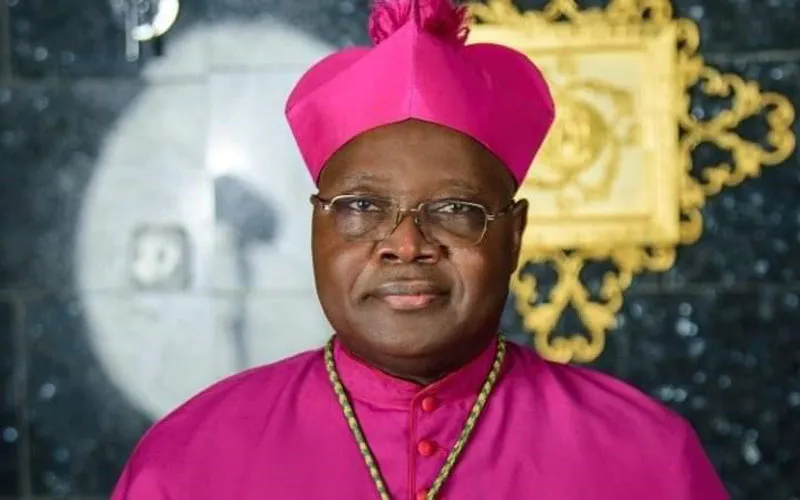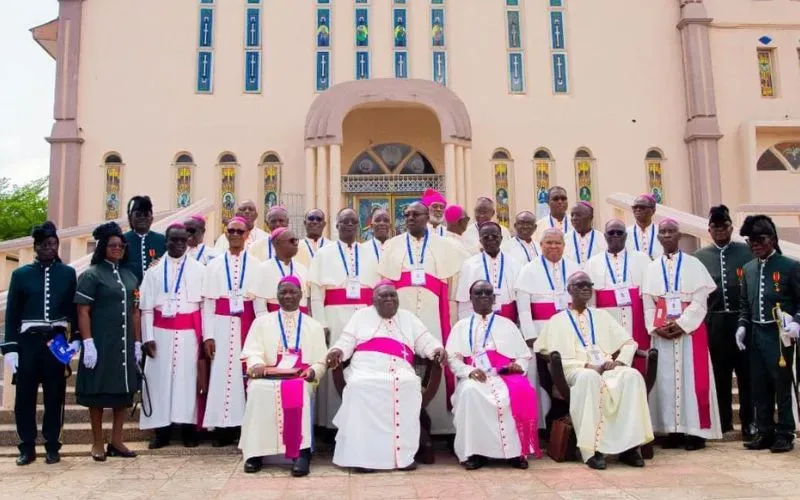“I understand that the Independent National Election Commission (INEC) is considering increasing the polling units in Nigeria beyond the present 119,973. Could the same polling units be used as free vaccination or face masks distribution centres?” the Archbishop posed.
Highlighting the concerns of Nigerians about the safety of COVID-19 vaccines, Archbishop Kaigama said, “Many in Nigeria ask if the vaccines are medically safe.”
“Are the vaccines safe or are they a means to control the population growth of Africans?” the 62-year-old Nigerian Archbishop posed, and went on to recommend, “Our medical experts must ensure that the vaccines have been subjected to appropriate tests for genuineness and are properly stored, to allay the fear of contamination.”
In January, Catholic Bishops in Nigeria’s Ibadan Ecclesiastical Province urged medical experts in the country to independently test the COVID-19 vaccines so as to allay fears among the public about their safety.
“We strongly recommend that the authorities not allow anyone to use the COVID-19 pandemic for selfish gains or interests. We also plead that our medical experts be allowed to subject to appropriate test, the COVID-19 vaccines coming into Nigeria in order to secure the confidence of Nigerians so that they may willingly submit to the medication,” said the Catholic Prelates at the helm of Ibadan Archdiocese and Ilorin, Ondo, Oyo, Ekiti and Osogbo Dioceses.
Africa’s most populous country has recorded at least 139,748 cases of COVID-19 including 1,667 fatalities and 113,525 recoveries.
“The disease is real,” Archbishop Kaigama said February 7, adding, “There is no doubt that our world is currently sick, ravaged by the COVID-19 pandemic.”
“People very dear to us have died of coronavirus disease,” he further said, and added, “In the last weeks, Monsignors, Priests and prominent individuals have succumbed to the hands of death on account of coronavirus disease.”
“The economic difficulties on account of the coronavirus pandemic are palpable,” Archbishop Kaigama also said, underscoring the challenges amid COVID-19.
Making reference to Pope Francis’ message during the International Day of Human Fraternity, the Archbishop said, “There is no time for indifference and ‘we cannot wash our hands’ off the present situation with distance, disregard and contempt. We are either brothers or sisters, ‘or everything falls apart.’”








